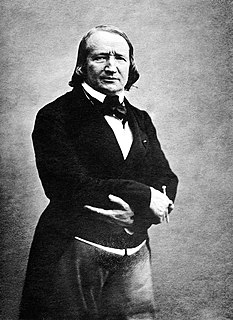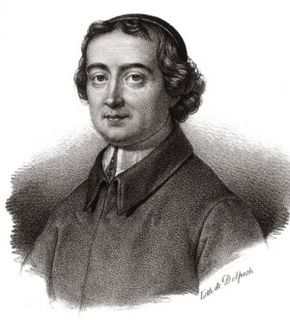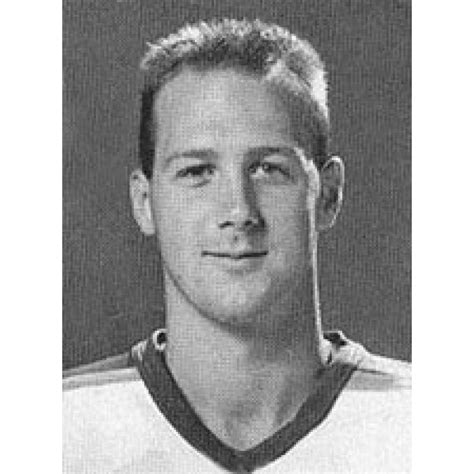A Quote by Mary Wollstonecraft Shelley
Even where the affections are not strongly moved by any superior excellence, the companions of our childhood always possess a certain power over our minds which hardly any later friend can obtain. They know our infantine dispositions, which, however they may be afterwards modified, are never eradicated; and they can judge of our actions with more certain conclusions as to the integrity of our motives.
Related Quotes
The only things in which we can be said to have any property are our actions. Our thoughts may be bad, yet produce no poison; they may be good, yet produce no fruit. Our riches may be taken away by misfortune, our reputation by malice, our spirits by calamity, our health by disease, our friends by death. But our actions must follow us beyond the grave; with respect to them alone, we cannot say that we shall carry nothing with us when we die, neither that we shall go naked out of the world.
It is often by a trivial, even an anecdotal decision, that we direct our activities into a certain channel, and thus determine which of the potential expressions of our individuality become manifest. Usually we know nothing of the ultimate orientation or of the outlet toward which we travel, and the stream sweeps us to a formula of life from which there is no returning. Every decision is like a murder, and our march forward is over the stillborn bodies of all our possible selves that will never be.
The systems of stereotypes may be the core of our personal tradition, the defenses of our position in society. They are an ordered more or less consistent picture of the world, to which our habits, our tastes, our capacities, our comforts and our hopes have adjusted themselves. They may not be a complete picture of the world, but they are a picture of a possible world to which we are adapted. In that world, people and things have their well-known places, and do certain expected things. We feel at home there. We fit in. We are members.
Most people use two totally different sets of criteria for judging themselves versus others. We tend to judge others according to their actions. It's very cut-and-dried. However, we judge ourselves by our intentions. Even if we do the wrong thing, if we believe our motives were good, we let ourselves off the hook. And we are often willing to do that over and over before requiring ourselves to change.
However small we are, we should always fight for what we believe to be right. And I don’t mean fight with the power of our fists or the power of our swords…I mean the power of our brains and our thoughts and our dreams. And as small and quiet and unimportant as our fighting may look, perhaps we might all work together…and break out of the prisons of our own making. Perhaps we might be able to keep this fierce and beautiful world of ours as free for all of us as it seemed to be on that blue afternoon of my childhood.
God's Word must be so strongly fixed in our minds that it becomes the dominant influence in our thoughts, our attitudes, and our actions. One of the most effective ways of influencing our minds is through memorizing Scripture. David said, "I have hidden Your Word in my heart that I might not sin against You" (Psm. 119:11).
It is not true that the legislator has absolute power over our persons and property, since they pre-exist, and his work is only to secure them from injury. It is not true that the mission of the law is to regulate our consciences, our ideas, our will, our education, our sentiments, our works, our exchanges, our gifts, our enjoyments. Its mission is to prevent the rights of one from interfering with those of another, in any one of these things.






































